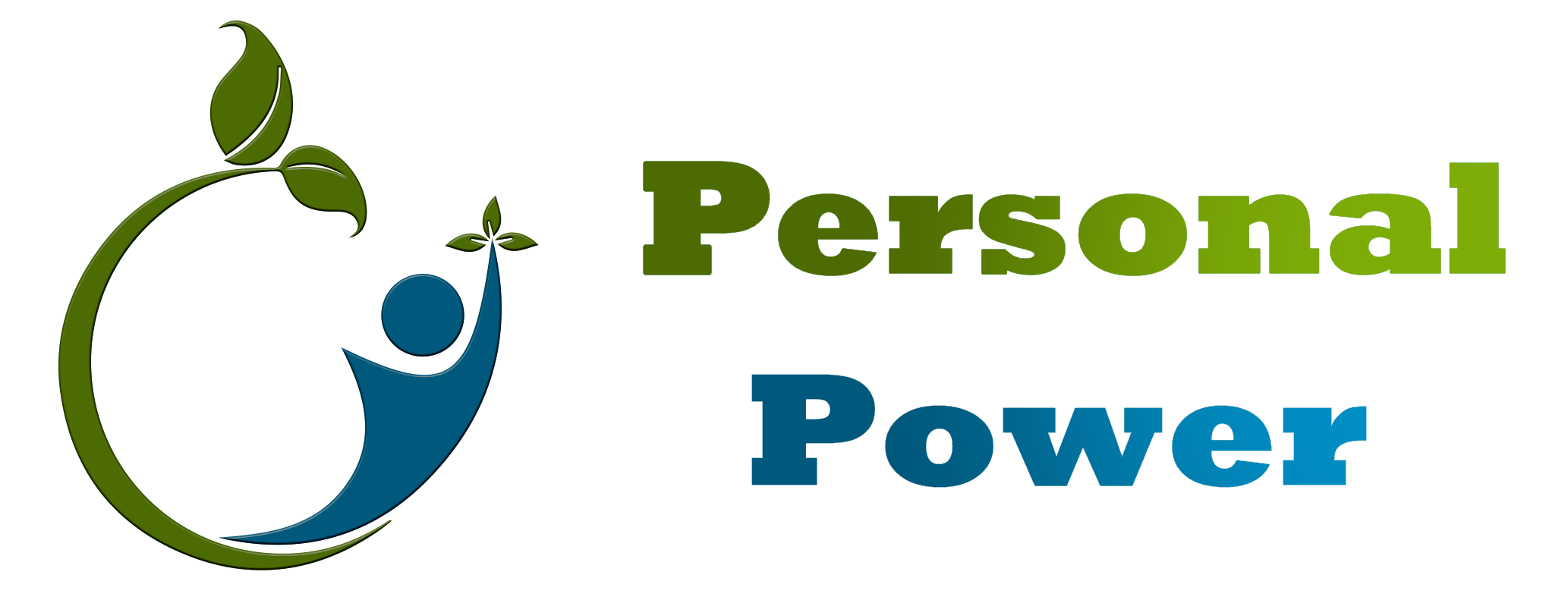Alternative Therapy for Heart Disease
It seems amazing that an organ as strong and as resilient as the heart can be slowed down and diseased, but this is a very real possibility that affects more people than you may imagine. In the United States, heart disease is the leading cause of death.
According to the Centers for Disease Control, approximately 600,000 people die of heart disease in the United States each year. This equates to 1 in 4 deaths. Each year 720,000 Americans have a heart attack. 205,000 of these heart attacks are in people who have experienced one previously.
Heart disease costs the United States $108.9 billion each year, including expenditures for medications, health care services, and lost productivity.
Heart disease is often tackled by modern medicine by prescribing drugs and surgery. Unfortunately, the treatment plans for this condition can be just as frightening as the condition itself, which causes many people to ignore their symptoms and avoid medical help.
Luckily there are alternative therapy options for those suffering with heart disease that are both natural and effective. When used in concert with conventional medicine these options can increase the probability of healing success, and can go a long way toward prevention of heart disease.
What Happens When You Have Heart Problems
Heart disease is defined as any condition that prevents your heart from working correctly. Over time, heart disease can cause a deterioration of the heart’s arteries and vessels, dramatically increasing your chances of heart attack.
Coronary heart disease is the most common type. It is defined as the hardening of the arteries on your heart’s surface. The hardening of these arteries is caused by plaque accumulating on the artery walls and this plaque is typically caused by too much bad cholesterol in your system.
When left unchecked, the plaque can continue to build up and narrow the arteries, making it harder for blood to flow through the heart and the rest of the body. This makes the likelihood of a blood clot, heart attack, or acute chest pain very high.
When these conditions are not treated or improved, they can lead to sudden death. It is important to maintain heart health in order to maintain a healthy body. There are many everyday practices and habits that can lead to heart disease and these often start when you are young and build up gradually.
The Road to Heart Disease: Risk Factors and Prevention
One of the most prevalent risk factors is family history. If heart disease is part of your genetics, you might be at higher risk for developing this disease yourself. However, there are still preventive steps that you can take to protect yourself against future problems.
If your family history is clear, there are still measures you can take to minimize the risk of heart disease later in life. Here is a list of the factors you can control, and how you might manage them:
- Avoid high levels of low-density lipo-protein cholesterol, also known as bad cholesterol and low levels of high-density lipo-protein, also known as good cholesterol
- Avoid high levels of triglycerides, which can increase when you consume too many fatty foods and take in excess calories.
- Avoid or quit smoking
- Exercise more regularly
- Avoid a high fat diet
- Monitor high blood pressure
- Monitor ongoing stress, anxiety, and depression
- Monitor weight gain to avoid being overweight and obese
- Monitor diabetes
Alternative Care
The best alternative medicine for heart disease is prevention. Stop it before it starts, and stay on top of symptoms and risk factors.
Most modern medicine becomes necessary once heart disease exists, but by simply trying alternative preventative practices and treatments you might be able to avoid the damaging effects of this condition.
Alternative Methods for Heart Disease Prevention
- Consult with a holistic nutritionist that will teach how to eat smart and fill your diet with healthy foods high in Omega-3 fatty acids, vitamins, minerals and other nutrients. These include fish, vegetables, fruits, and lean meats.
- Consult with a holistic practitioner that can help assess your individual needs and provide a customized treatment plan to get you on the road to general health and wellness.
- Practice regular exercise a few times a week and get regular check-ups to stay on top of your heart health.
- Dietary Treatments: Learn to avoid foods high in fat and cholesterol
- Chelation Therapy: This treatment rids the body of heavy metals and is often used for mercury poisoning. It adds the amino acid EDTA to your body, which can help remove dangerous blockages from the arteries
- Stress Reducing Exercises: Engage in Yoga, Pilates, Tai Chi, and other similar exercise routines.
Schedule your next session to evaluate your body’s toxicity level and nutrition needs.
